Disclosure: This article contains affiliate links. We may earn a commission from purchases at no extra cost to you, which helps our travel content.
As someone who's spent decades tracking patterns across different cultures, I've developed a sixth sense for cities with an undercurrent of creativity that runs deeper than their surface reputation. Ann Arbor is precisely that kind of place – a town most people associate solely with the University of Michigan, but which harbors a cultural ecosystem that thrives independently of its academic identity. During my recent fall weekend investigating this Midwestern gem, I discovered layers of artistic expression and cultural significance that would impress even the most seasoned urban explorer.
The Kerrytown District: Where History Meets Artistry
My investigation of Ann Arbor's cultural landscape began where many of the city's creative threads intersect – the historic Kerrytown district. This neighborhood reminds me of certain European quarters I've documented during my FBI fieldwork, where centuries-old architecture provides the perfect backdrop for contemporary expression.
The district centers around the brick-paved Kerrytown Market & Shops, a three-building complex dating back to the 1800s that now houses independent retailers and artisans. What struck me immediately was the authenticity – unlike the manufactured 'arts districts' in many American cities, Kerrytown evolved organically over generations.
The jewel in Kerrytown's crown is undoubtedly the Ann Arbor Farmers Market, especially vibrant during fall harvest. Local farmers, many whose families have worked the same land for generations, arrange their produce with the care of gallery curators. I spent an hour speaking with Eleanor, a third-generation apple farmer whose 26 heirloom varieties tell the story of Michigan's agricultural heritage better than any museum exhibit could.
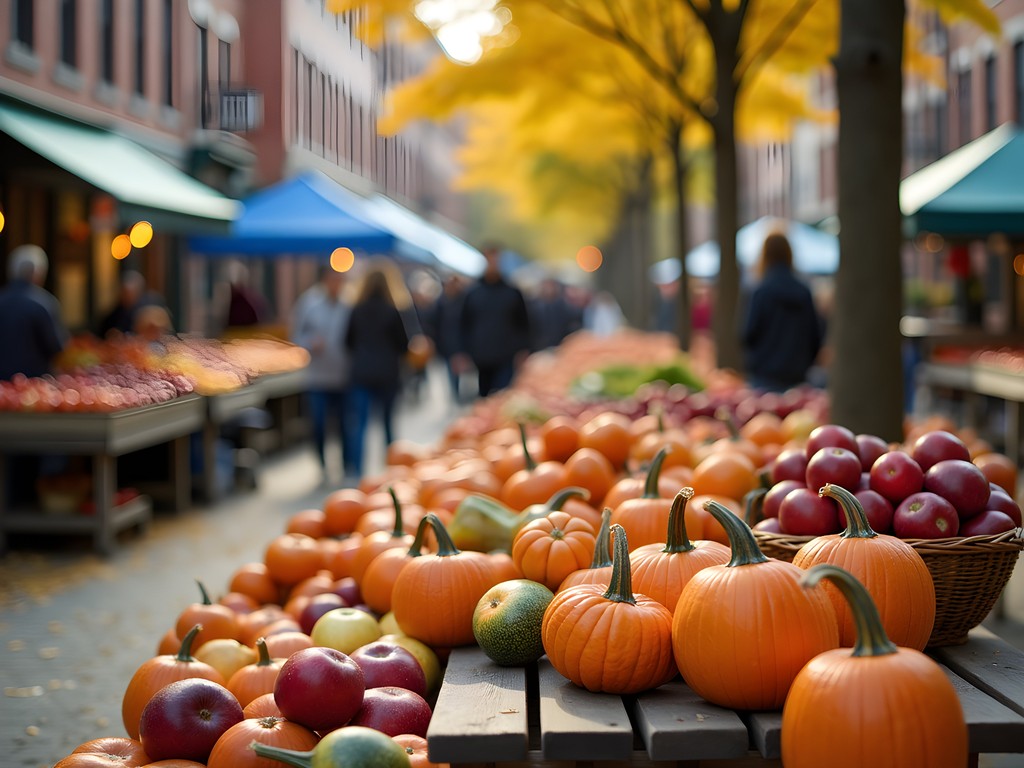
💡 Pro Tips
- Visit the Farmers Market on Saturday mornings for the fullest experience and best selection
- Check the Kerrytown Concert House schedule for intimate chamber music performances
- The district is most photogenic in morning light when the brick facades glow warmly
The Underground Art Scene: Galleries Off the Beaten Path
My years tracking international art trafficking taught me to look beyond obvious cultural institutions, and Ann Arbor rewards this approach handsomely. While the University of Michigan Museum of Art deserves its reputation, the city's true artistic pulse beats in its lesser-known galleries and pop-up spaces.
WSG Gallery in the Main Street area showcases contemporary works by Michigan artists in a space that balances professional presentation with approachable atmosphere. The gallery staff – many artists themselves – engage visitors in conversation rather than sales pitches, creating a communal feeling reminiscent of the art collectives I've documented in Mediterranean coastal towns.
For those willing to venture further from downtown, Ann Arbor's warehouse district has emerged as an incubator for experimental art. The quarterly 'Art Walk' events transform industrial spaces into temporary galleries, with installations that would feel at home in much larger metropolitan areas.
Before exploring these spaces, I recommend investing in a good pocket sketchbook to capture impressions or note artists whose work resonates with you. I've maintained this practice for years, and these small notebooks have become treasured souvenirs of my cultural explorations.
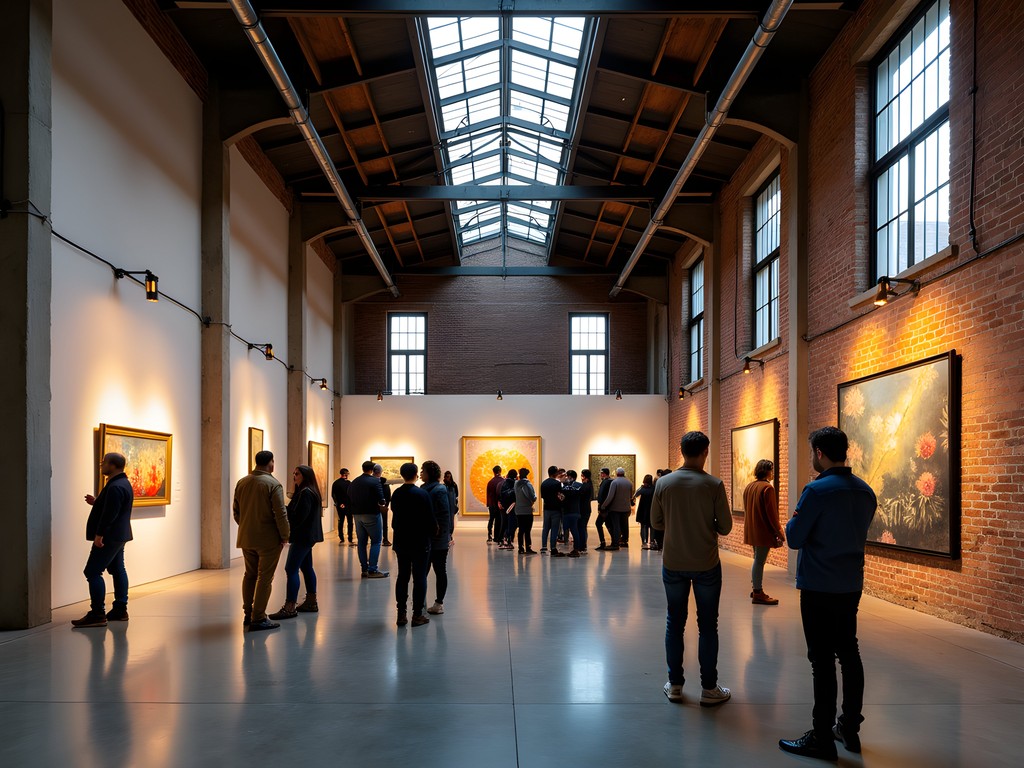
💡 Pro Tips
- Follow local artists on Instagram to discover pop-up exhibitions not advertised to tourists
- Visit during the first Fridays of each month when many galleries host opening receptions with the artists present
- Don't hesitate to engage gallery staff in conversation – Ann Arbor's art scene is notably unpretentious
Folklore and Legends: Ann Arbor's Hidden Stories
My professional background has taught me that every location has its unofficial history – stories that don't make it into guidebooks but reveal the true character of a place. Ann Arbor is particularly rich in such narratives, with a folklore tradition that blends Midwestern practicality with academic eccentricity.
The Law Quad, with its Gothic architecture reminiscent of European universities, hosts numerous legends. Law students still whisper about specific study carrels that bring exceptional exam luck if occupied during certain phases of the moon. While investigating these claims (purely for cultural documentation purposes, I assure you), I spent several evenings in the reading room with my reading light which allowed me to take notes without disturbing others or attracting attention.
Beyond campus, the city's historic districts harbor tales that connect present-day Ann Arbor with its 19th-century roots. The Old West Side, with its well-preserved German-American architecture, is particularly rich in stories. Local resident Margaret Weiss, whose family has lived in the same house for five generations, shared accounts of prohibition-era tunnels beneath her street that allegedly connected to speakeasies downtown.
The Nichols Arboretum ('The Arb' to locals) features in numerous local legends, from ghostly sightings to tales of rare botanical specimens with unusual properties. Fall is the ideal time to explore these stories, as the changing foliage creates an atmosphere perfectly suited to storytelling.
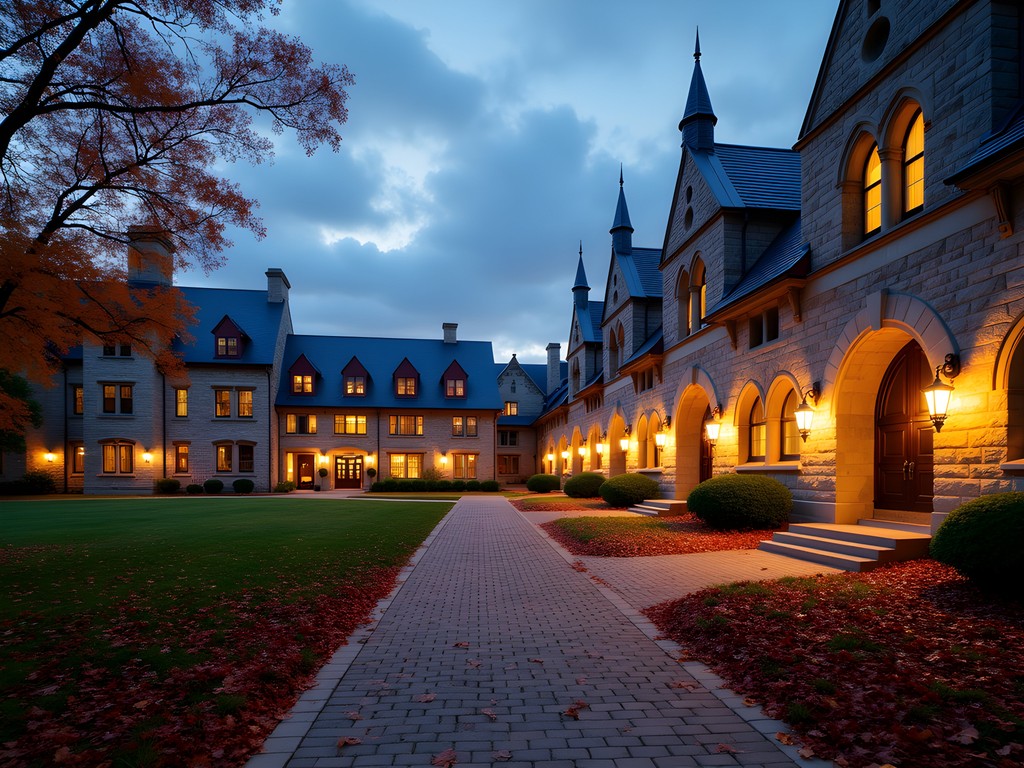
💡 Pro Tips
- Visit the Bentley Historical Library for documented versions of local legends
- Join a Historic District walking tour for architectural context to the folklore
- The Michigan Theater occasionally screens documentaries about local history and legends
The Musical Crossroads: From Classical to Underground
Ann Arbor's musical identity extends far beyond the university's formal performances, creating a diverse soundscape that rivals cities many times its size. My security work has taken me to music venues worldwide, and I can confidently say that Ann Arbor's scene offers exceptional quality and diversity for a city of its scale.
The historic Michigan Theater and State Theatre serve as anchors for the city's performing arts, hosting everything from symphony orchestras to independent film screenings with live scores. During my visit, I caught a performance of Dvořák's New World Symphony that transported me back to a similar experience in Prague years ago.
For more intimate experiences, The Ark presents folk and roots music in a 400-seat venue where the acoustics allow performers to work without amplification if they choose. I spent an unforgettable evening there listening to an Appalachian string band whose repertoire included songs collected by folklorists in the 1930s – precisely the kind of cultural preservation that resonates with my documentary work.
The true surprise for visitors is Ann Arbor's vibrant house concert scene. These invitation-only performances in private homes create musical experiences of rare intimacy. Through connections with local musicians, I attended one such gathering where international artists performed traditional instruments in a living room setting. For serious music enthusiasts, I recommend bringing a digital audio recorder to capture these unique performances (with permission, of course). The sound quality will far exceed what your phone can capture, and these recordings become invaluable souvenirs of musical discoveries.
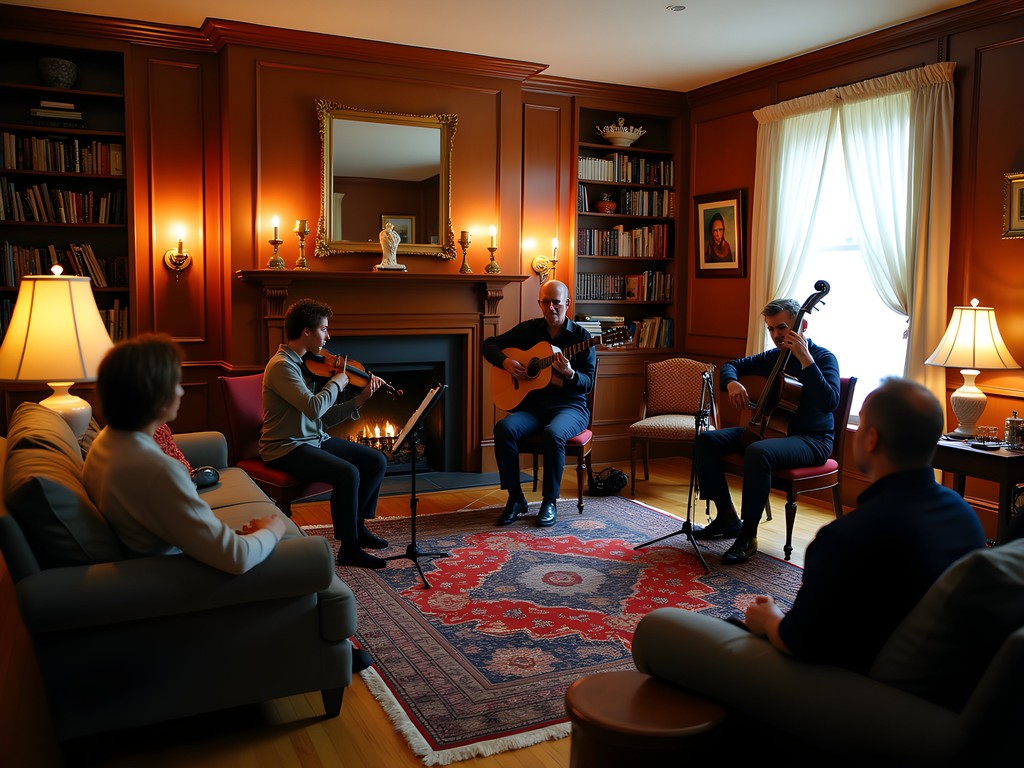
💡 Pro Tips
- Check the Ann Arbor Observer for comprehensive music listings beyond the obvious venues
- Visit Encore Records for staff recommendations on local musicians and upcoming shows
- University radio station WCBN-FM features local artists and announces under-promoted shows
Culinary Culture: Where Food Tells Stories
My investigative training has taught me that food traditions often preserve cultural narratives when other elements have been lost to time. Ann Arbor's diverse culinary landscape serves as both a living museum of immigrant histories and an incubator for contemporary food innovation.
Zingerman's Delicatessen stands as the city's most famous food destination, and with good reason. What began as a traditional Jewish deli has evolved into a community of food businesses that maintain exceptional quality while documenting culinary traditions. Their approach to food reminds me of certain Mediterranean towns where preparing traditional dishes is treated as cultural stewardship rather than mere commerce.
Beyond this institution, Ann Arbor's international food scene tells the story of the university's global connections. The city hosts authentic representations of cuisines from Korean to Ethiopian, often in modest establishments where recipes have been preserved through generations. During my explorations, I use my food journal to document memorable dishes and their cultural significance – a practice that connects my current travels with my earlier fieldwork documenting cultural traditions.
What makes Ann Arbor's food scene truly special is the connection between local agriculture and dining establishments. Many restaurants maintain direct relationships with farms in the surrounding countryside, creating a regional cuisine that reflects southeastern Michigan's agricultural bounty. Fall is the ideal season to experience this farm-to-table connection, as harvest brings an abundance of produce to restaurant menus and the farmers market.
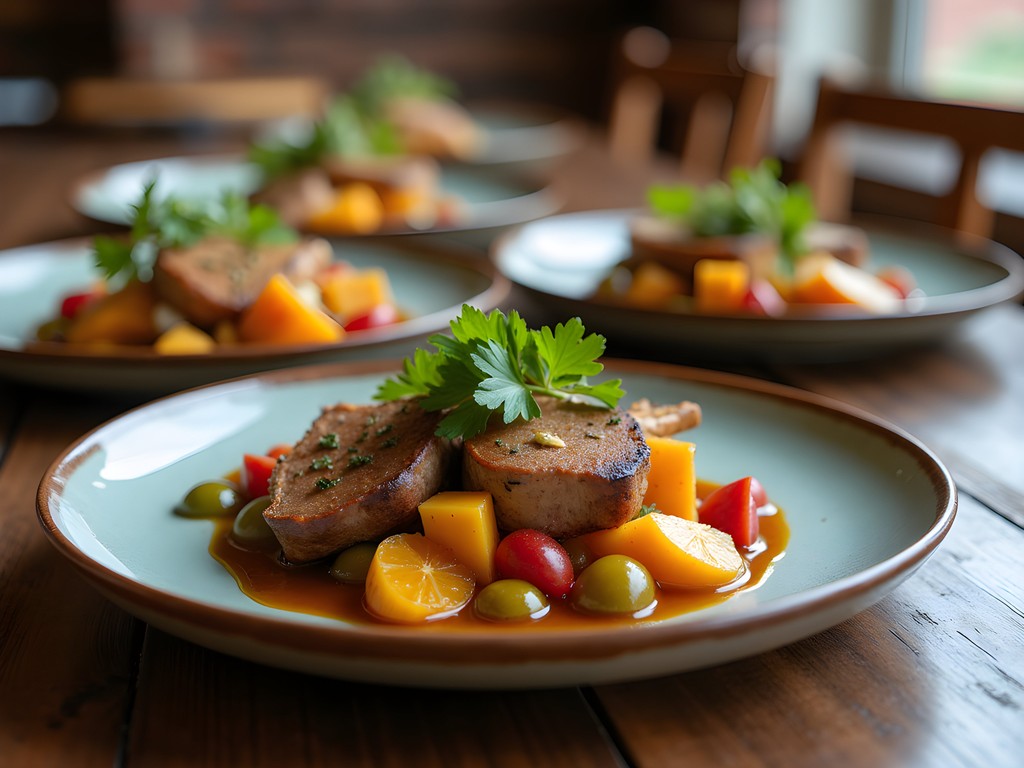
💡 Pro Tips
- Reserve Zingerman's food tours well in advance – they fill quickly but offer the best overview of local food culture
- Visit the People's Food Co-op to discover Michigan-made specialty products that make excellent souvenirs
- Ask servers about local farm sources – many chefs are happy to discuss their agricultural partnerships
Final Thoughts
As my weekend in Ann Arbor drew to a close, I found myself reflecting on how this modestly-sized Midwestern city manages to sustain such a vibrant cultural ecosystem. The answer lies in the unique alchemy that occurs when academic resources meet Midwestern authenticity – creating spaces where artistic expression, historical preservation, and cultural innovation can thrive without pretension.
What makes Ann Arbor particularly rewarding for the solo cultural traveler is the accessibility of its treasures. Unlike larger cultural capitals where connections and insider knowledge are often required to access the most authentic experiences, Ann Arbor's creative community remains remarkably open to visitors who approach with genuine interest.
As someone who has documented cultural traditions across continents, I find special value in places like Ann Arbor – communities that maintain their distinctive character while embracing outside influences. In an era of increasing cultural homogenization, these mid-sized creative hubs serve as crucial repositories of regional identity and incubators for new cultural forms.
I encourage you to explore Ann Arbor with an investigator's curiosity – ask questions, follow unexpected leads, and document your discoveries. The stories you'll uncover beyond the campus boundaries will reward your efforts many times over.
✨ Key Takeaways
- Ann Arbor's cultural scene extends far beyond the university campus, with distinct neighborhoods each offering unique artistic experiences
- Fall provides the ideal atmosphere for exploring the city's historic districts and their associated folklore
- The local food scene serves as both cultural documentation and creative expression
- House concerts and intimate music venues offer experiences rarely found in cities of similar size
- The city's walkability makes it ideal for solo cultural exploration
📋 Practical Information
Best Time to Visit
Fall (September-November)
Budget Estimate
$150-250/day including accommodations, meals and activities
Recommended Duration
2-3 days
Difficulty Level
Beginner

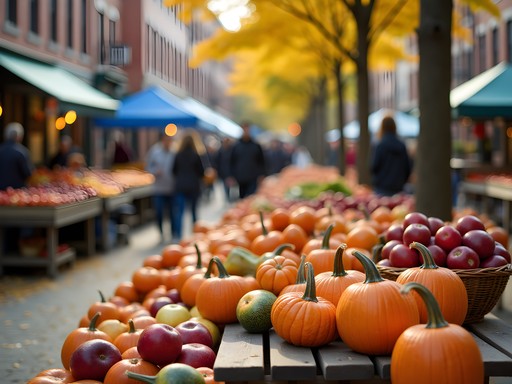






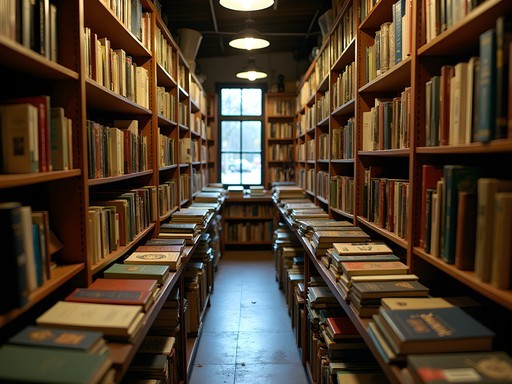
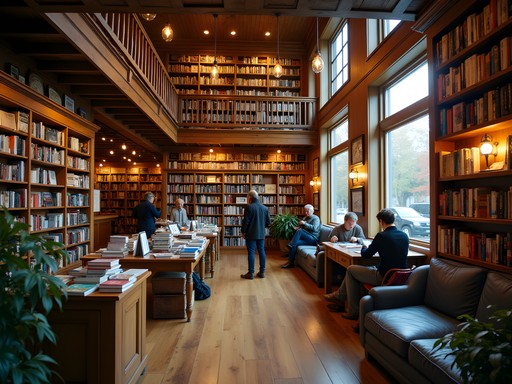
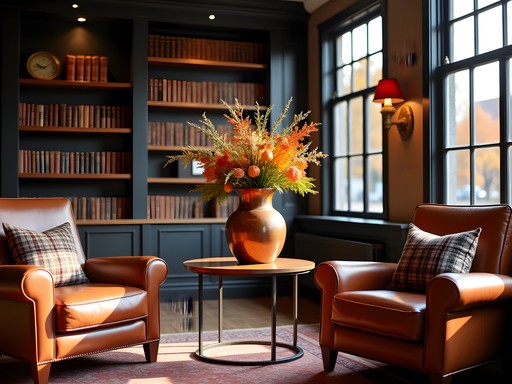
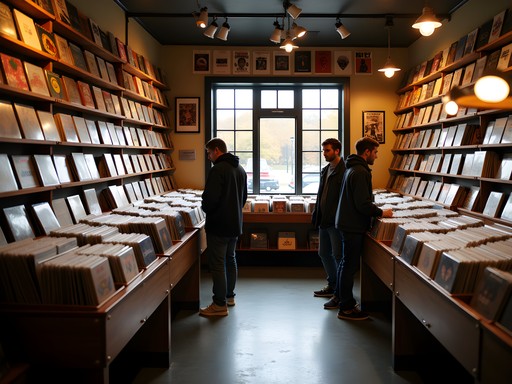

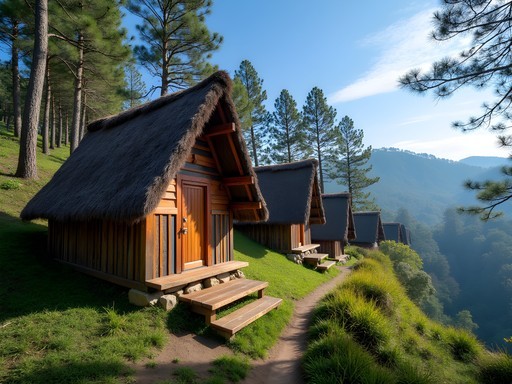
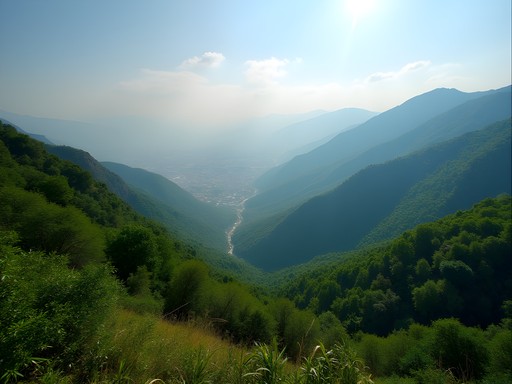

Comments
startime
Those hidden music venues sound amazing! Anyone know if they're open year-round?
wanderlusttime
Most are! The Ark and Blind Pig definitely run year-round. Some of the smaller coffee shop venues might change schedules during student breaks though.
Frank Garcia
Brilliant analysis of Ann Arbor's cultural landscape beyond the university bubble. I spent three months there last year documenting Midwest creative hubs, and your observations align perfectly with my findings. The tension between academic and grassroots art scenes creates this fascinating ecosystem. One thing I'd add - the seasonal nature of Ann Arbor's cultural calendar is worth noting. Fall brings a completely different energy than summer, with student-led initiatives transforming vacant spaces into pop-up galleries. I documented this phenomenon in my travel journal which was perfect for mapping these ephemeral venues. Did you notice any seasonal patterns during your visit, Ryan?
Ryan Richardson
Great point about the seasonal shifts, Frank! I was there during what locals called the 'shoulder season' between summer festivals and fall events. Definitely sensed the anticipation as venues were preparing for the student influx. Would love to return during peak fall to experience that transformation you described.
skygal
Love this! Never thought of Ann Arbor as an arts destination but now I'm intrigued!
wanderlusttime
Just got back from Ann Arbor last week and your post is spot on! The Kerrytown District was the highlight of our trip. We stumbled upon this tiny gallery showing student work that blew us away - can't remember the name but it was near Zingerman's. Also caught a random string quartet playing in Liberty Plaza which was magical. The folklore walking tour you mentioned was fully booked though - wish I'd known to reserve ahead! For anyone going, make sure to check out the graffiti alley too - it changes constantly and the artwork is incredible.
skygal
Was the gallery called 16 Hands? I loved that place!
wanderlusttime
Yes! That's it! Small world. Their ceramic collection was amazing.
coolexplorer243
Great post! I'm heading to Ann Arbor in October for a weekend trip. Any specific galleries in Kerrytown you'd recommend that aren't too crowded? Also wondering if any of those underground music venues have shows on weeknights or just weekends?
Ryan Richardson
Thanks for reading! In Kerrytown, definitely check out WSG Gallery - it's tucked away but showcases amazing local artists. For music, The Blind Pig has shows almost every night, even Tuesdays and Wednesdays tend to feature local talent. The basement jazz sessions at Kerrytown Concert House on Thursday nights are my personal favorite!
coolexplorer243
Perfect, thanks so much for the tips! Adding those to my itinerary right now.
Adam Nichols
Ryan, your analysis of Ann Arbor as a cultural enclave resonates with my experience studying smaller American cities with outsized cultural footprints. What's particularly interesting about Ann Arbor is how it balances academic influence with genuine grassroots artistic movements. During my research visit last year, I was struck by the economic symbiosis between the university and independent cultural institutions. The Poetry Foundation's satellite location, for instance, bridges academic and community poetry scenes in ways I haven't seen elsewhere. The architectural preservation in Kerrytown also creates a distinctive canvas for contemporary art that feels organic rather than manufactured. This contrasts with university towns that struggle to develop authentic cultural identities separate from their institutions. Your observation about the underground music scene is spot-on - the cross-pollination between classical training at the university and experimental venues downtown produces truly innovative performances.
nomadrider
Those folklore stories sound fascinating! Any specific local legends worth looking up before visiting?
nomadphotographer
Not the author but check out the stories about the fairy doors! They're these tiny installations throughout downtown that supposedly lead to a fairy world. Kids love finding them!
nomadrider
That sounds adorable! Will definitely look for those, thanks!
nomadphotographer
I grew up near Ann Arbor but never appreciated the arts scene until I moved away and came back as an adult. The murals program has completely transformed some of the downtown areas! If anyone's visiting, don't miss the seasonal installations at Liberty Plaza - they rotate local sculptors and the winter light installations are especially magical. Also, the Nickels Arcade has some hidden gem galleries that aren't as well known but showcase amazing up-and-coming artists.
luckybackpacker
Great post! I'm curious about the 'Musical Crossroads' section - are there specific venues you'd recommend for catching live jazz? My partner and I love discovering local music scenes when we travel.
Ryan Richardson
The Blue LLama Jazz Club is absolutely phenomenal - intimate setting with world-class performers. Also check out The Ravens Club for more casual jazz nights with craft cocktails!
Frank Garcia
Fascinating breakdown of Ann Arbor's cultural landscape. I visited last year and was surprised by how the city's artistic identity extends far beyond the university influence. The Kerrytown district especially has this perfect blend of historical architecture and contemporary artistic expression. I spent hours in the bookstores there, particularly Literati, which has an exceptional curation of art books. One element I'd add to your analysis is how the seasonal art fairs transform the city - the summer Art Fair is among the most comprehensive I've experienced in a mid-sized American city. The way local businesses integrate with these cultural events creates a uniquely cohesive arts ecosystem.
luckybackpacker
Frank - is the summer Art Fair worth planning a trip around? I've heard it gets super crowded but the selection is amazing.
Frank Garcia
Absolutely worth it! Yes, it gets crowded, but go on Thursday morning when it opens for the best experience. Book accommodation well in advance though - I used my travel guidebook to find some lesser-known B&Bs just outside the main downtown area.
Venture X
Premium card with 2X miles, $300 travel credit, Priority Pass